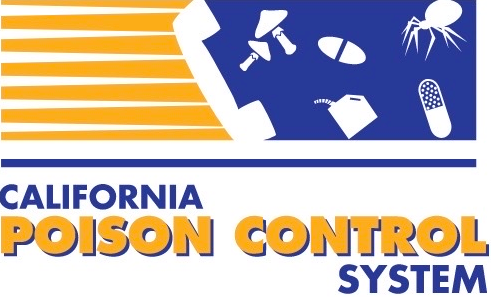Watch the Close Calls with CPCS video episode on Fentanyl (above).
What you need to know about Fentanyl
Fentanyl is a powerful prescription opioid used to treat severe pain, often in hospitals. It is in the same drug family as morphine, oxycodone, and heroin. Because it can slow or stop breathing, doctors carefully monitor patients when giving Fentanyl in medical settings.
The real danger today comes from illegal Fentanyl. It is often made in secret labs and sold on the streets—sometimes mixed into other drugs without people knowing. Even a tiny amount can be deadly, making street drugs more dangerous than ever. Fentanyl is a major contributor to drug overdose deaths.
Signs of Fentanyl overdose
- Choking or gurgling sounds
- Cold, clammy, and/or discolored skin
- Falling asleep
- Limp body
- Losing consciousness
- Slow, weak, or no breathing
- Small (constricted) pupils
Fentanyl overdose treatment
Fortunately, the rescue drug, Naloxone (Narcan) can reverse the effects of all opioids, including Fentanyl. Naloxone is a life-saving medication, available over the counter without a prescription in California. It comes as injectables or (more commonly) nasal sprays.
How to administer Naloxone nasal spray
- Call 911 right away
- Tilt the head back
- Hold the spray with your thumb on the bottom of the plunger and place your index and middle fingers on the sides of the nozzle
- Insert the nozzle into a nostril until your fingers are touching the bottom of the person’s nose
- Press the plunger firmly to release the full dose
- Wait 2-3 minutes for the person to respond
- If no response, give additional doses, switching nostrils, until help arrives
For more information about Naloxone, please visit
Naloxone Program California Dept. of Public Health (CDPH)
Fentanyl overdose prevention
- Do not use Fentanyl when you are by yourself and/or in a non-medical environment
- Know what is in your drugs; at home strips are available for testing
- Familiarize yourself with the signs of an overdose
- Carry Naloxone and know how to administer it
- Share resources with your loved ones
Related topics
Close Calls with CPCS: Xylazine



